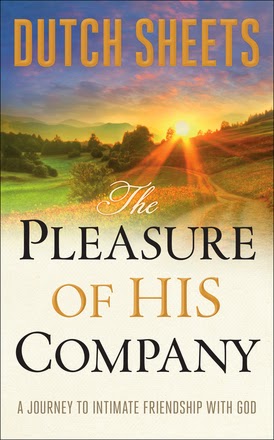I joined a women’s Bible study on spiritual disciplines
at my church. Jumping into a women’s
Bible study isn’t easy for me. I am an introvert who does not enjoy small talk
and am energized through solitude with God instead of corporate fellowship, but
I know that I must have both.
While it’s been a couple years since I have been part of
a women’s Bible study, this is the first one at this church, which I have been
a part of for almost three years. The
overwhelming largeness and growth of this church makes it hard for this
introvert to get plugged in.
And now I wish it hadn’t taken me so long because I’m
thrilled to find out the depth of the women’s ministry; it’s not fluffy or
shallow or dependent on popular speakers on DVD. They encourage digging deep,
not living off the crumbs of other’s findings but finding true nourishment in
the Word and God speaking into your life and applying it in your relationships
and circumstances.
In our study this week, it is just an introduction to the
disciplines. We are using Donald Whitney’s Spiritual
Disciplines for the Christian Life: A Study Guide – and just the study
guide only, not his actual book on which it is based, so we are encouraged to
dig into the scriptures instead of Whitney’s teachings. We are told that we might disagree with some
of his points, and that’s okay, but to glean from it and dig and grow.
One of the points that Whitney emphasized is that growth
in relationship with God is completed only in fellowship with His children, not
in isolation. As tempting as it is for
me to close myself in my library and study what I want to study and read what I
want to read, it is through the Church and fellowship with my brothers and
sisters in Christ that keeps me from diverging down the path of error or
putting too much emphasis on lesser things.
Check back on Mondays for more on the spiritual
disciplines and this chapter of my story….








